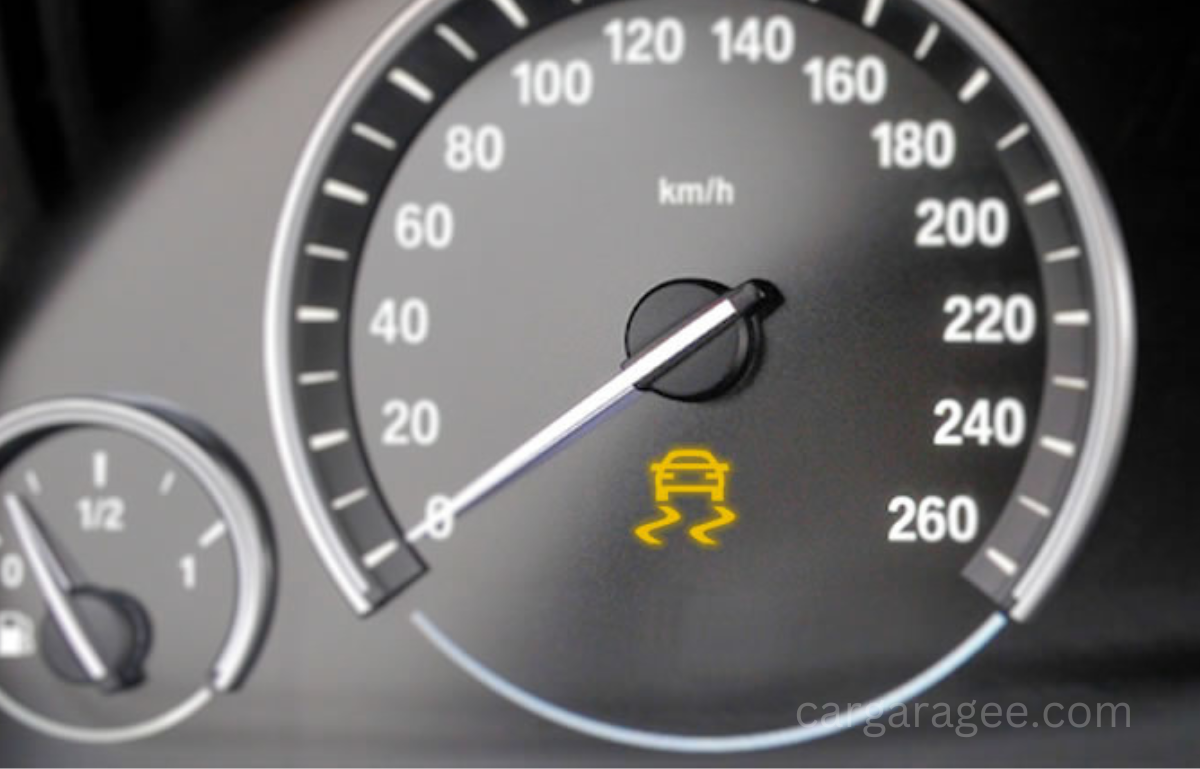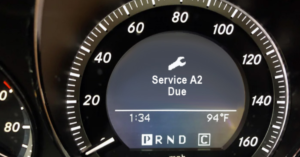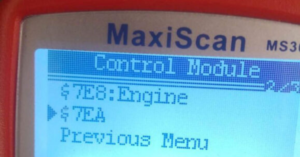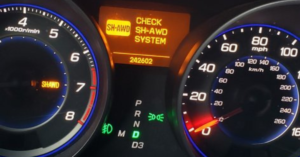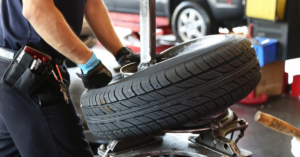- A glowing service electronic stability control (ESC) light usually indicates an ESC system fault or the ESC system attempting to recover vehicle stability.
- Understeering and oversteering can make the ESC warning light blink.
- ABS malfunctions, defective sensors, wiring issues and software malfunctions can result in the failure of the ESC system.
The ESC also watches the speed at which the wheels revolve, among others is the steering angle. In case steering control or traction is lost, the ESA decreases power from the engine or activates brakes to help you bring the vehicle back under control.
All vehicles do not have the same operation of the ESC system. Consequently, it would be best to always refer to the manual given by your manufacturer to know how yours works. The ESC light is mainly on when the car is skidding, and it remains on either when a fault has been detected, or the system has been turned off manually.
What Does Service Esc Mean?
Electronic stability control systems employ selective automatic computer-controlled braking of a single wheel to help the driver keep the car under control in critical driving conditions. ESC prevents a vehicle from spinning out or skidding off the roadway due to losing traction because of slippery wheels.
A blinking service ESC light can have different meanings.
One first thing is that there may be a system failure. In this case, the service light remains on until the problem is fixed.
The next one is that the ESC system strives to regain vehicle stability; hence, the ESC light starts flashing. This occurs most of the time when driving on the icy roads.
What can Cause the Service ESC light to blink?
Whenever the tail of the vehicle breaks loose, oversteering occurs. Driven by the orientation, the ESC system will engage either the right or left front brake to restore stability. For instance, if the car loses direction at the left turn, the ESC system will turn on the right front brakes.
The service ESC light will light up when the system detects the situation of under steering as well. It means that although the driver might be turning, the front of the car is moving in a straight line. Based on the direction of the turn, the ESC system will apply either the right or the left rear brake in order to regain vehicle control.
What can Cause the ESC light System to Malfunction?
If your ESC system has a problem, it doesn’t necessarily mean that your vehicle won’t be drivable; however, in case of an emergency, you’ll have no spare. Some of the main reasons why the esc service light may fail are mentioned below.
Fault in Wheel Sensors
There is a sensor on every car wheel, which notifies the Electronic Stability Control system that traction is lost. Because of dirty or damaged sensors, the system cannot sense any activity near them, thus making the ABS and ESC systems fail.
Misaligned Steering Angle Sensor
The steering angle sensors measure the turning angle of the steering wheel and turn rate. The service ESC light will always be on when the steering angle sensor is defective, damaged or misaligned.
Wiring Faults
The ESC data collection system collects data from different sensors, which are interconnected with each other.
These wires carry signals relating to wheel traction from the sensors to the onboard computers. If those wires get damaged or incorrectly connected, or the ESC fuse is blown, the esc light will not blink.
Damaged or corroded wiring can interrupt the communication process between the system and other components, thus affecting its general performance.
ABS Problems
The ESC system depends on the ABS working properly. Problems such as worn brake holders and bad brake fluid can reduce the performance of esc.
ALSO READ:
How to Reset ESC Light: Easy and Quick Guide
Where Is the Starter Located? 3 Easy Guides
How Does Electronic Stability Control Work?
The electronic stability control modulates the engine throttle and the brakes of each wheel. Similar to other driver assistance features, service ESC is activated when your car is started. This technology works in the background, tracking the activity of the steering wheel as well as the speed sensors mounted on each wheel.
The ESC system intervenes automatically when the sensors realize that the driver has lost control and try to correct the understeer and oversteer.
It applies or releases the brakes of each wheel to get the car back onto the proper route. service ESC includes traction control systems and limits engine power to reduce speed and apply brakes when the driver is speeding.
These actions considerably decrease your chances of being in a rollover. They maintain the car on the road where it is less likely to be tripped by something on the other side of the road and tipped over.
How To Operate Electronic Stability Control
You do not have to do anything to activate the service electronic stability control in your car. It monitors speed and steering from the time you start the engine.
ESC operates when it senses that the driver is losing control over the vehicle. The system applies individual wheel brakes automatically to prevent a temporary loss of control and thus stabilize the vehicle. If the service ESC is activated, the service warning light will come on the dashboard and the adjustments according to the device are made. You may experience minor bumps and lurching as the brakes are applied and the engine power is reduced by the system.
Spin-outs may occur when drivers turn too quickly and sharply. When driving, gradually reduce your speed and turn slowly and patiently. The performance of systems such service ESC can assist in critical, dangerous conditions. service ESC shouldn’t be a replacement for driving carefully on wet roads.
Traction Control and ESC
The traction control feature could be bought as a separate feature or as one offered by the ESC system. This kind of feature also requires the ABS system to rotate the wheel during acceleration, which in, fact, utilizes the same wheel-speed sensor like the ABS.
In most modern cars an service esc light on dash board appears that says “TRAC CONTROL ACTIVE” which alerts a driver that the wheels are losing traction.
Is It Safe to Drive When The ESC Light Is On?
You can drive your car if its electronic stability control light shows on the dashboard, but drive with extra care. A continuous service ESC light may indicate a malfunctioning of the safety feature.
In this case, you have to bear in mind that you’re driving without electronic stability control and the risk of oversteer or understeer and losing control is higher.
Decrease your speed, do not brake too fast and stay away from the road while it’s wet. We suggest you go to a qualified mechanic at the nearest repair shop to get the problem resolved quickly.

Mian Hashir is a passionate automotive enthusiast and the lead author at Car Garagee, a website dedicated to providing in-depth car reviews, maintenance tips, and the latest news in the automotive world. With years of experience in the industry, Hashir combines his technical knowledge with a love for cars to deliver insightful and engaging content. Whether you’re a car owner or a curious reader, Mian Hashir’s articles help readers make informed decisions, from choosing the right vehicle to understanding how to keep it in top condition.

